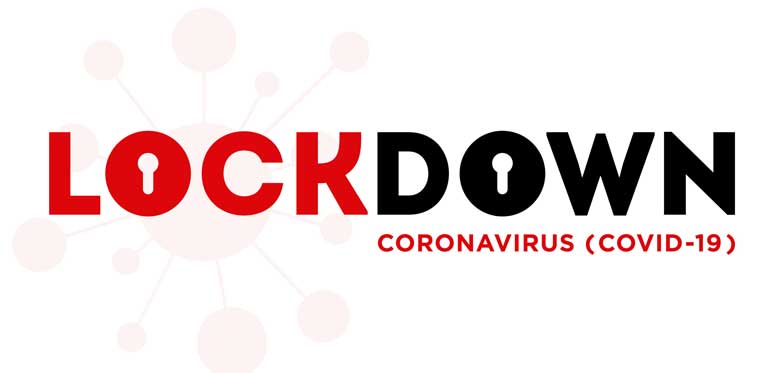The charity, Headway, have recently published a report outlining the various impacts that the pandemic has had upon brain injury survivors and their families - see the full report here: The impact of lockdown on brain injury survivors and their families
The pandemic has brought about a lot of sudden changes for all of us and it has been difficult to adapt. However, people who suffer from brain injuries are more likely to struggle to adapt to any changes in their life, as they have to cope with the impact of this along with any physical, cognitive, behavioural and psychological issues that a brain injury can cause.
Headway support staff found that people were telling them they were suffering from increased irritability, frustration, anxiety, low mood, social isolation and suicidal thoughts. They were therefore very concerned about the people who were not receiving any support from rehabilitation services; so they produced a questionnaire to explore the experience of lockdown for people living with the long-term effects of brain injury and their relatives.
The key findings from the completed questionnaires were as follows:
- 57% of people who sustained a brain injury within the past two years reported that their rehabilitation has been negatively impacted
- Two thirds of respondents reported a negative impact on their psychological wellbeing
- 50% have lost access to vital support that helps them to cope
A loss of rehabilitation, particularly in the early stages, can impact upon a brain injury survivor’s recovery, level of disability in the future and both their own and their family’s ability to cope.
We are seeing people lose access to services across the health system, but rehabilitation and, crucially, support are essential to brain injury survivors.
Without the necessary support, people’s mental health can be impacted and, as the psychological effects of a brain injury can often interact with mental health conditions, it makes these effects significantly more difficult to cope with.
The report also highlights that brain injury survivors have lost the informal support from their family and friends during lockdown. However, on a positive note, 27% of people reported a positive change in relationships with their neighbours. This is a very good finding and highlights how local communities have come together to support each other during the pandemic. However, a neighbour’s support cannot be expected to replace specialist services, such as Headway groups and branches and other rehabilitation services, or the constant informal support that people receive from their families and friends.
The report concludes that the health and social care sector must urgently receive ring-fenced funding to be able to continue to provide support to people through the pandemic and beyond. ‘Action must be taken to ensure local authorities are funded sustainably and are able to maintain service provision. Without support from local authorities, Headway groups and branches will no longer be able to ensure brain injury survivors receive the care and support they so desperately need’.




Comments